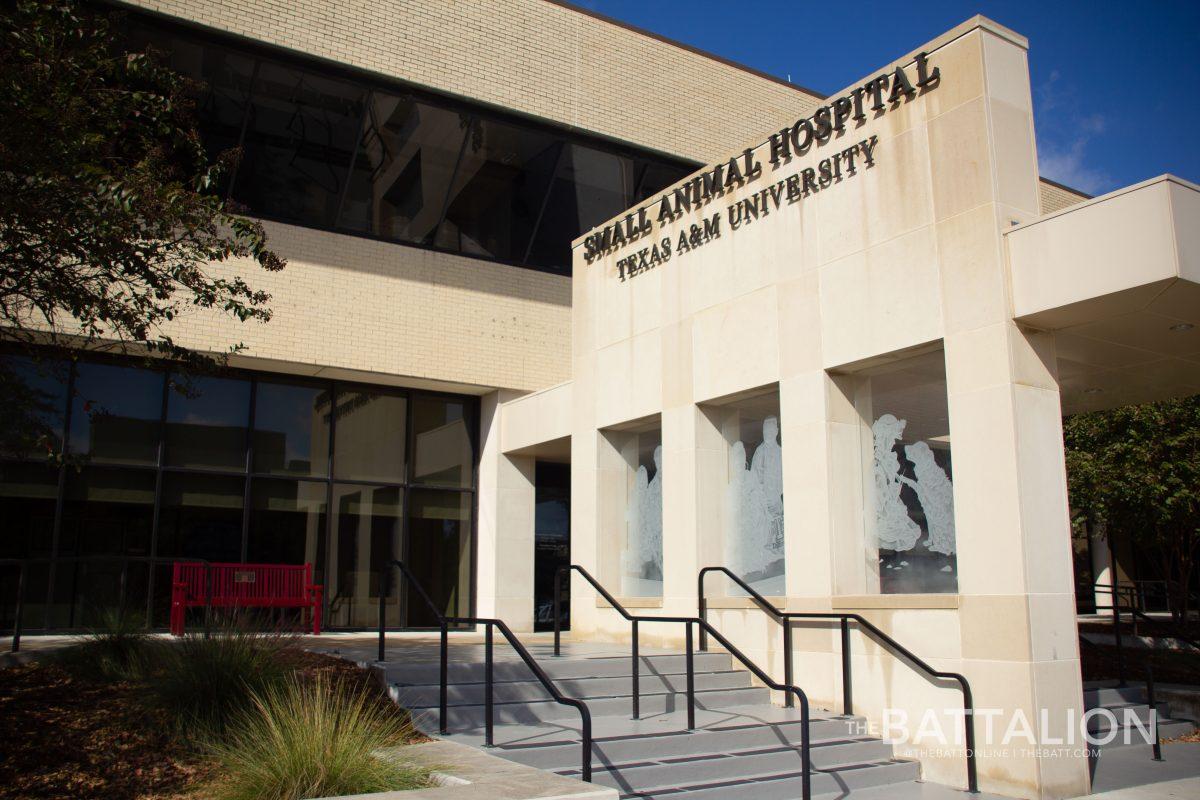The Bryan-College Station Economic Outlook Conference, held this past January, underscored Texas A&M’s large role in driving the state’s economic growth. City officials, business leaders and economic experts highlighted how the university serves as a financial engine by creating jobs, attracting industries and fostering innovation that benefits communities even far beyond the Brazos Valley. During this conference, there was heavy discourse expressing just how impactful Texas A&M University is to the local and statewide economy.
According to a November 2024 report, A&M adds roughly $22.3 billion to the state economy, a contribution that supports approximately 254,222 jobs — one out of every 81 jobs in Texas. The impact is larger than the entire agriculture, forestry, fishing and hunting industry in Texas.
In an email, A&M’s Executive Director of Economic Development Rebekka Dudensing wrote that the university contributes $2.8 billion in added income and over 47,000 jobs to the regional economy.
“When you include the impact of our former students, that contribution grows to $3.5 billion and almost 60,000 jobs,” Dudensing wrote.
A&M’s impact is especially felt in key industries like healthcare, engineering and energy, where university-driven advancements help businesses expand and communities prosper.
“Our contribution study shows that Texas A&M’s spending and former students’ economic activity contribute 18.2 percent of the region’s gross regional product (GRP),” Dudensing wrote. “That equates to one in four jobs.”
The university also spends a major part of the $7.7 billion in income it adds to Texas’ economy on operations, construction, research and entrepreneurial activities. Roughly $2.8 billion of the added income is centered in the Brazos Valley, a number that increases to $3.5 billion — 18.2% of the area’s total gross regional product — when considering the impact made by former students.
Additionally, A&M’s role in workforce development ensures that Texas industries have access to a plethora of well-trained professionals. Its graduates contribute significantly to Texas’ economy, working in sectors that range from business and finance to agriculture and infrastructure. The university’s global reputation for excellence attracts businesses that seek to tap into this talent pool, further strengthening the state’s economic landscape.“Texas A&M is growing fast, but our business community is growing even faster,” Dudensing wrote. “We are proud to be an economic anchor helping to attract businesses who rely on the innovation, workforce, and students we generate.”






















